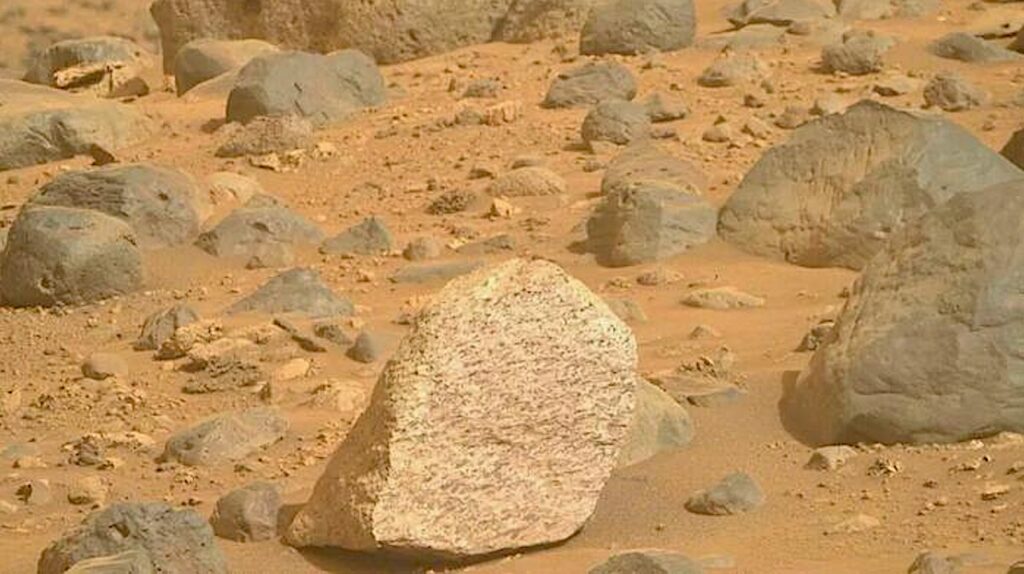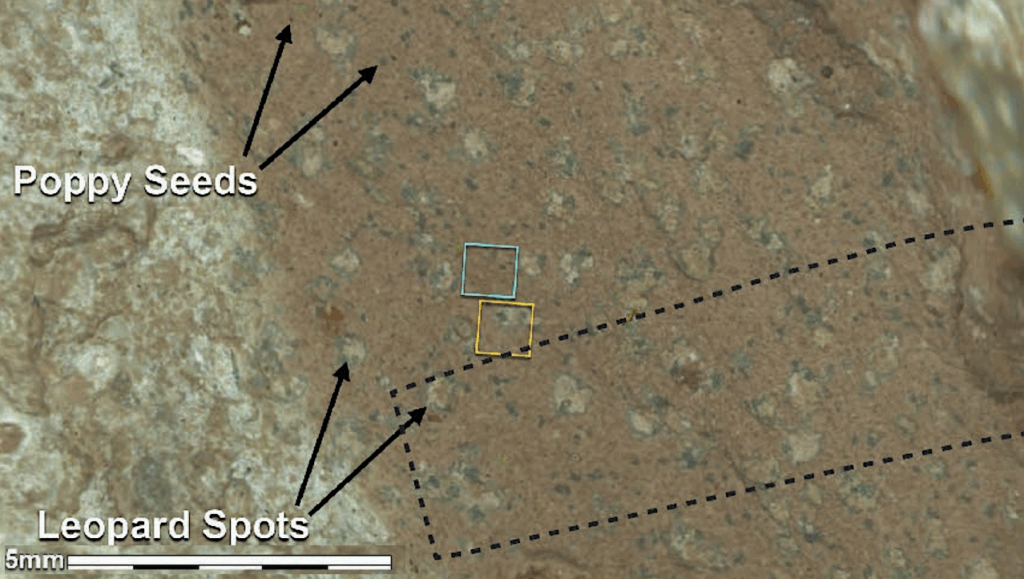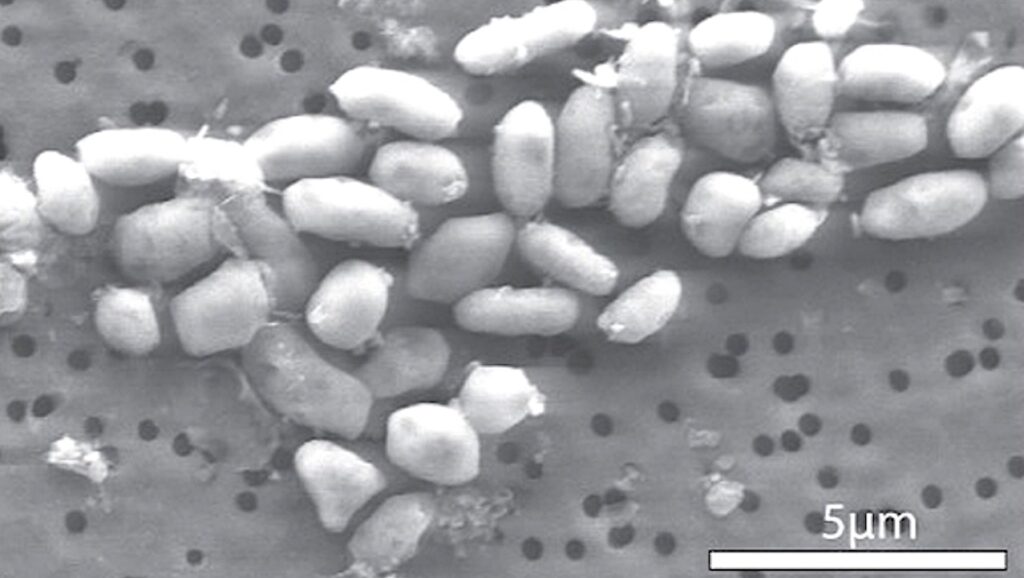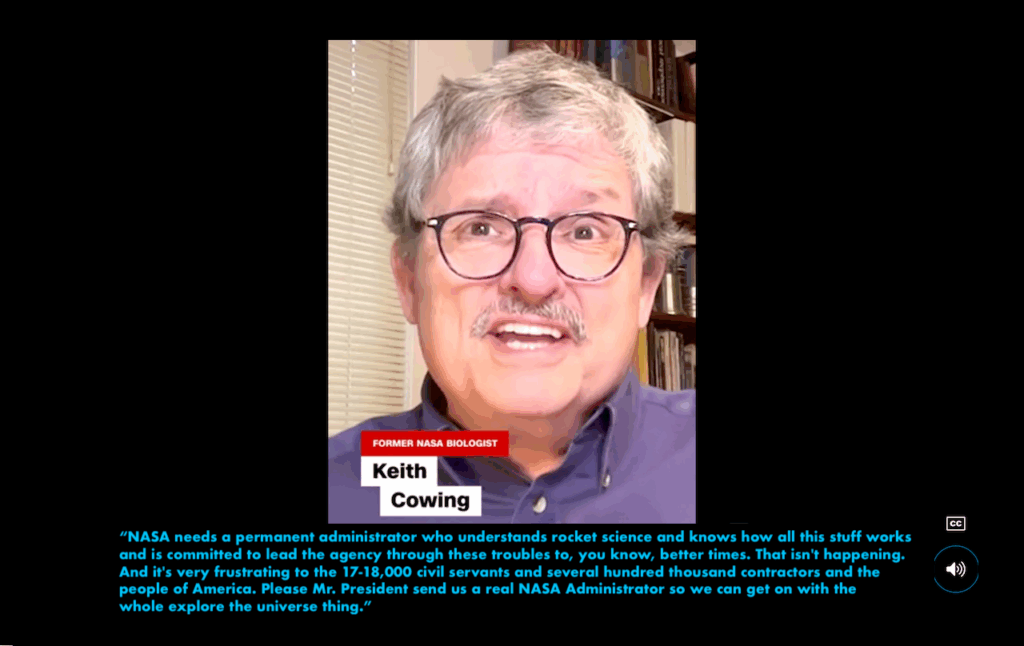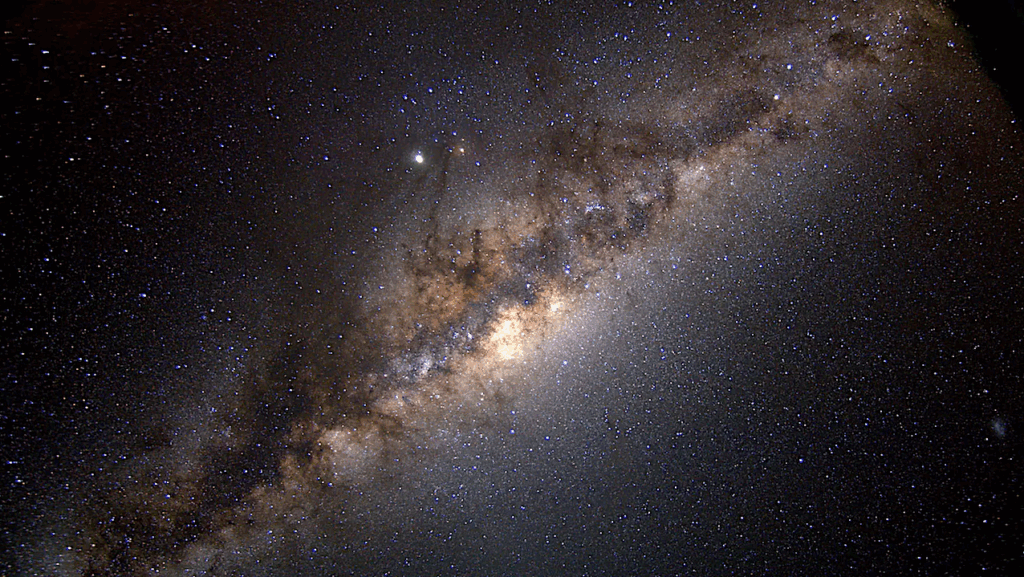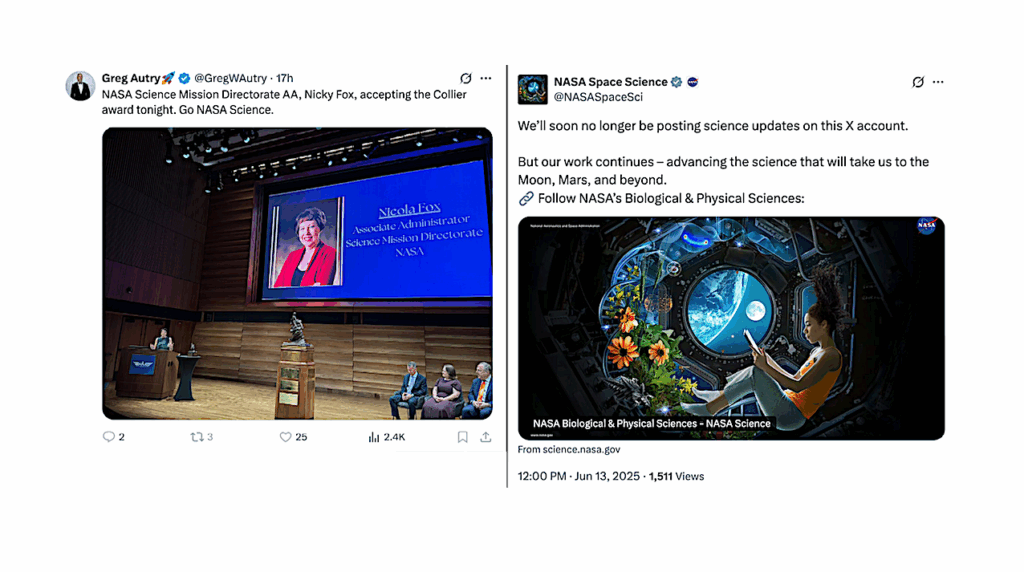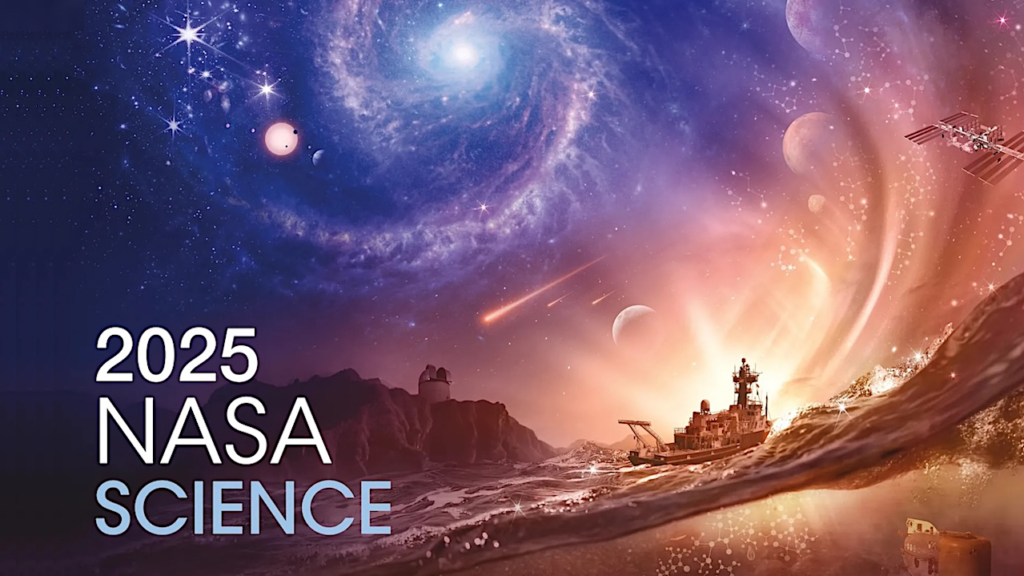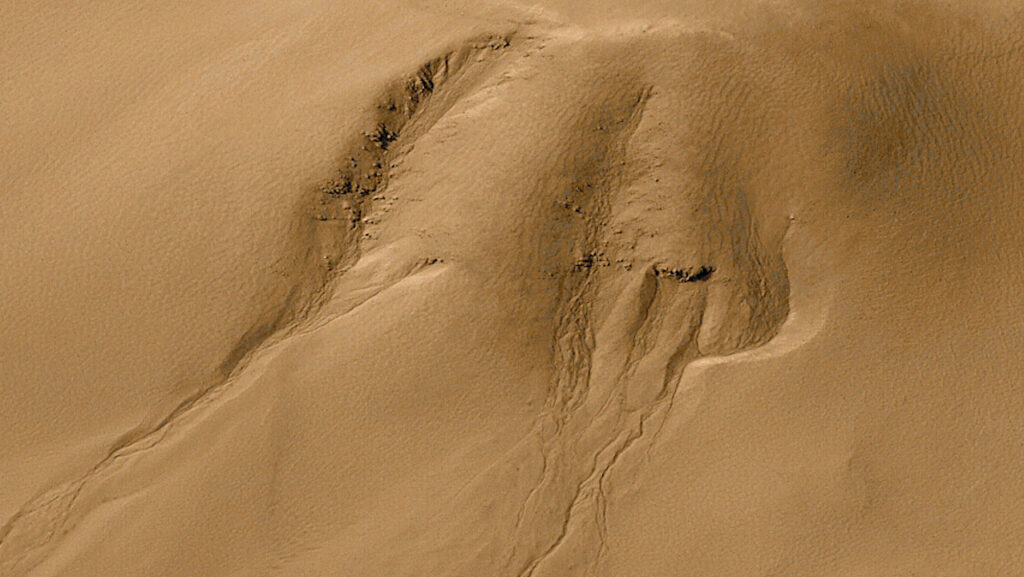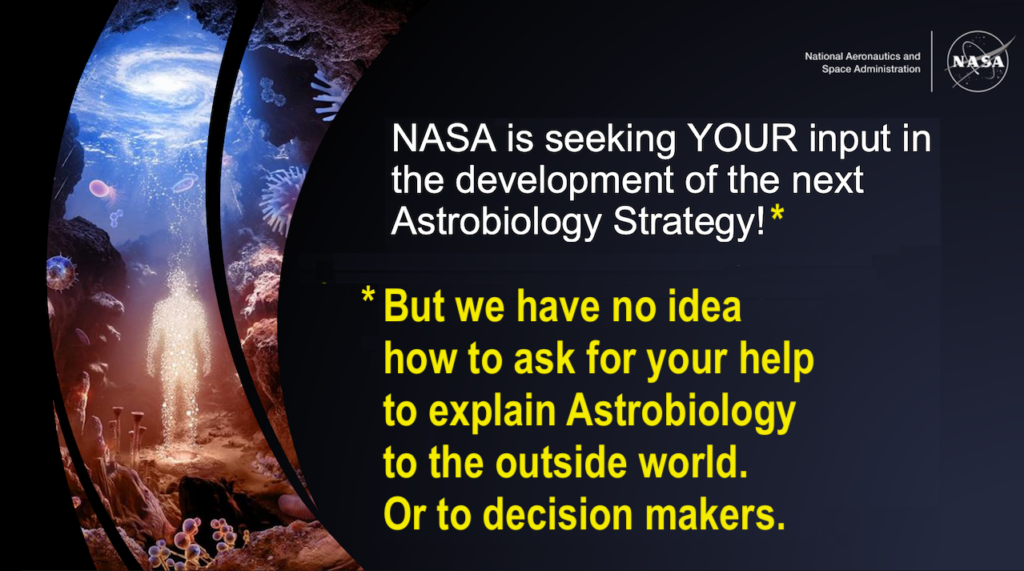Keith’s note: NASA’s budget is going to be slashed one way or another. Despite all the talk about making NASA more focused – or efficient – or “greater”, NASA science will suffer. Scores of missions will either be canceled, shutdown, or put on indefinite pause. Meanwhile Europe and our officially designated foe China surge ahead to fill gaps that we have created. NASA has yet to find the secret sauce wherein they can walk and chew gum at the same time. i.e. do astonishing things that no one has done before while conveying the scientific value of these accomplishments to decision makers and simultaneously, the practical, everyday utility to people and families as they try and make it through their daily lives. For what it is worth, as I have noted before: NASA has led space science and “Made America Great In Space” for more than half a century. Let’s not let that science leadership fade. Let’s expand it further. This won’t happen on its own. NASA must get its act together, find its mojo again, and put forth the multiple reasons why we should use and explore space – tailored to the various audiences who need – and deserve – to be informed. One size does not fit all. While NASA needs to learn how to explain itself to citizens and policymakers, how it explains its accomplishments on the global stage should be simple. Very simple – since NASA has led the way by:
- touching the sun
- visiting every planet in our solar system
- discovering over 6,000 planets orbiting other stars
- launched the first weather and Earth resource satellites
- sending humans to walk on another world
- doing the first offworld search for life
- moving an asteroid
- finding water on the Moon and Mars
- discovering oceans inside icy moons
- sailing across interstellar space
- peering back to the dawn of the universe
- developing a global brand that all nations aspire to




